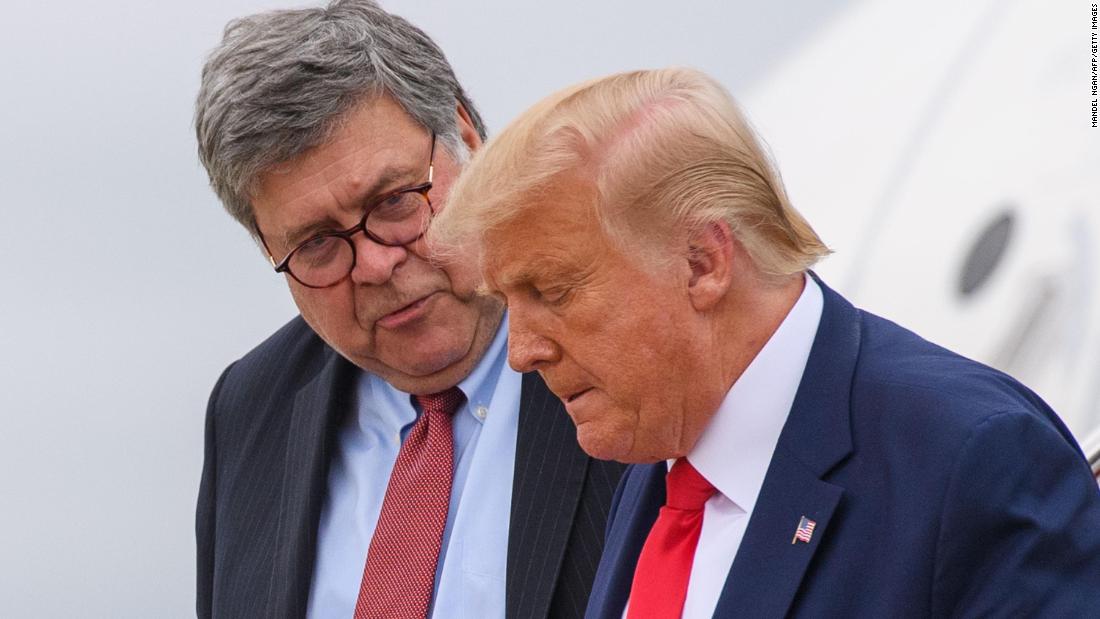
The implications of this finding are significant, and not good for President Donald Trump.
The crux of this investigation involves "masking" and "unmasking," terms used by the intelligence community to refer to shielding (or revealing) the names of people mentioned in an intelligence report who were not the targets of the investigation.
For example, if the National Security Agency intercepts a conversation between a foreign intelligence target and someone in the United States, a report on that conversation disseminated outside the agency would refer to the American as "U.S. PERSON 1," not by name. This process protects the Fourth Amendment rights of someone who is "incidentally" (though still legally) caught up in our intelligence gathering efforts on foreign targets.
For various reasons, people who receive such an intelligence report may need to know who the "masked" person is. It might help another intelligence agency connect the dots or add a puzzle piece in another investigation.
For high-level government officials, like diplomats, unmasking may be directly relevant to their work. In instances like these, officials can ask the agency that collected the intelligence to reveal to them the identity of a masked person, as long as they are authorized to receive that information and their request meets at least one of seven criteria set by the NSA. The criteria include, for example, that the intelligence indicates the US person may be involved in a crime, or is being targeted by foreign intelligence, among other reasons.
So, let's turn to Barr's "unmasking" probe.
Last May, Richard Grenell, then Trump's acting director of national intelligence, released a list of Obama administration officials who had made unmasking requests to the NSA between November 2016 and January 2017, where the "unmasked" individual was ultimately identified as former Trump national security adviser Gen. Michael Flynn. The allegation being investigated was whether these requests were intended to sabotage the Trump campaign by unfairly "targeting" Flynn.
The investigation also seemed to link this allegation with the later FBI investigation of Flynn for making false statements regarding his secret call to then-Russian Ambassador Sergey Kislyak, charges that Barr's Justice Department is currently trying to have dropped.
The basis of this unmasking investigation was inherently flawed from the beginning. For starters, as explained above, the very purpose of an unmasking request is to learn the name of a person who is unidentified. The unmasking process by definition cannot be used to target a specific person, since the requesting official would have no idea who the person is until the request is granted and their identity is unveiled.
Further, the NSA memo providing the list of officials who made unmasking requests included an important note: "Each individual was an authorized recipient of the original report and the unmasking was approved through NSA's standard process, which includes a review of the justification for the request." That means that each unmasking request met at least one of the seven justifications required by NSA, and that Flynn's identity was necessary to fully understand the intelligence or its importance. Barr's handpicked Justice Department investigator apparently agrees.
Which is why this is bad news for Trump. Ultimately, 39 different government and intelligence officials found the communications or activities that Flynn was participating in so alarming that they each — separately and independently — made unmasking requests to the NSA. They all did this before even knowing it was someone involved in Trump's campaign.
These officials ranged from the US NATO defense adviser to the then-US ambassador to Russia. In addition, many of these requests were made in mid-December 2016 — suggesting that the same few reports were raising alarm bells across the government and intelligence community.
Worst of all for Trump, the alarming activity by Flynn reported by the NSA has nothing to do with the FBI's case against Flynn for lying about his secret call to Kislyak. We know this for two reasons. First, that call took place on December 29, well after the majority of the unmasking requests involving Flynn took place. Second, that intelligence would not have been collected by the NSA in the first place. Only the FBI can conduct electronic surveillance of foreign targets like Kislyak that are located inside the US.
So whatever Flynn was up to cannot be dismissed as part of the "Deep State coup" which Trump has repeatedly claimed the FBI was waging against him.
Ultimately, Barr's unmasking investigation answers the question of whether Obama administration officials made legitimate and justified unmasking requests. They did. But it raises a new one: What, exactly, was Flynn up to in December 2016, while he was part of Trump's transition team, that caused these officials to be so concerned? That's an investigation worth pursuing.
"Opinion" - Google News
October 15, 2020 at 10:28AM
https://ift.tt/2Ftx5Dd
The alarming question behind Barr's 'unmasking' probe - CNN
"Opinion" - Google News
https://ift.tt/2FkSo6m
Shoes Man Tutorial
Pos News Update
Meme Update
Korean Entertainment News
Japan News Update
No comments:
Post a Comment